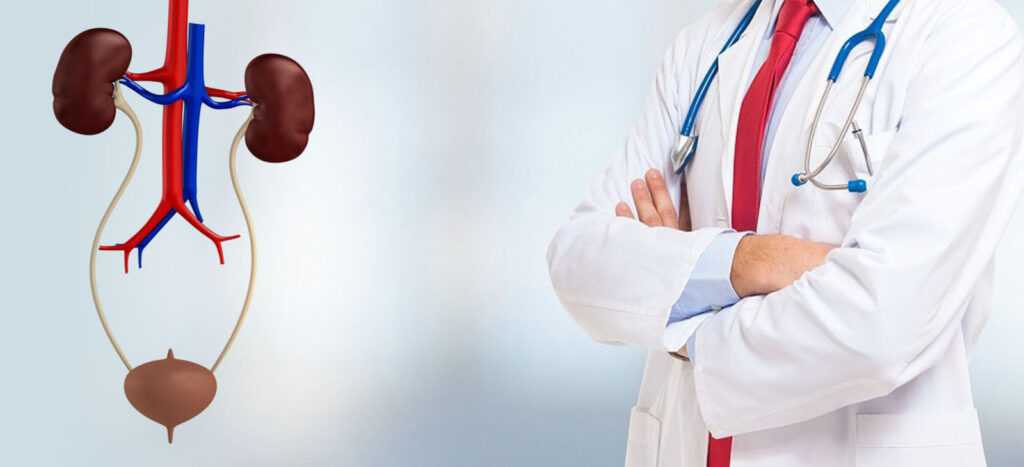
Robotic Nephrectomy
Post Operatve Instructions Following Robotic/Laporsopic Nephrectomy
Continue walking:
The walking will help you build strength. Gradually increase the amount of walking you do each day. Take planned rest periods during the day. The best gauge is your own body and how you feel. It is very important that youcontinue walking when you are discharged from the hospital. Not only will this build strength but will also aid inpreventing blood clots from the legs.
Avoid bending:
If you must pick something up, bend with your knees, not your waist: stoop to pick up the item.
Avoid heavy lifting.
(Greater than 5 pounds) Anything you need to brace yourself to pick up is too heavy. Also avoid strenuous activity.
Stairs should not be a problem.
Take them slowly at first. You may wish to group your activities, so that you do not have to make many trips up anddown stairs during the first week you are home.
Driving should be avoided
Driving should be avoided for at least 4 weeks after surgery or until you are not taking pain medications or are painfree. Take breaks every couple hours if you are on extended trips. Get out of your car and walk around a bit..
Bathing/taking a shower will be ok
Patients can shower immediately upon discharge from the hospital allowing their incisions to get
wet. Once out of the shower, pad your incision sites dryand avoid any heavy creams or lotions. Tub baths or hottubs in the first 2 weeks are discouraged as this will allow for prolonged soaking of your incisions and increase the risk of infection. You may shower after returning home from the hospital. Your wound sites can get wet, but must be patted dry immediately after showering. The sutures
underneath the skin will dissolve in 4-6weeks.
Diet:
You should be on a no added salt diet and always avoid high protein diets as both can cause potential
damage to your remaining kidney
Avoid constipation
If you become constipated, there are alternatives to consider. Increase the roughage in your diet. Drink orange juice. You can take an over the counter laxative of your choice. Colace will be prescribed when you are discharged. Drink 2-3 litres of water per day.
Urine infection
The risk of developing a urine infection is increased if a urinary catheter is present.If your urine becomes offensive smelling or cloudy in colour this could mean that you have a urine infection. Please contact us.
Blood in urine
If you have had a partial removal of your kidney there is arisk of bleeding after the operation (experiencing blood inurine). If this does happen, you should contact us immediately as you will need to be admittedat once.
Solitary Kidney precautions:
Drink plenty of water
Reduce salt intake
Avoid nephrotoxic drugs
Regular follow up as adviced
Reasons to Call us
·Your incision becomes red or swollen
·The skin around your incision is warmer than elsewhere and is slightly red
·There is drainage from your incision
·There is an opening in your incision
·You are having difficulty passing urine or your urine output becomes less than itnormally has been
·There are chills or fever of 101 or more
·Severe pain that is not relieved by pain medication